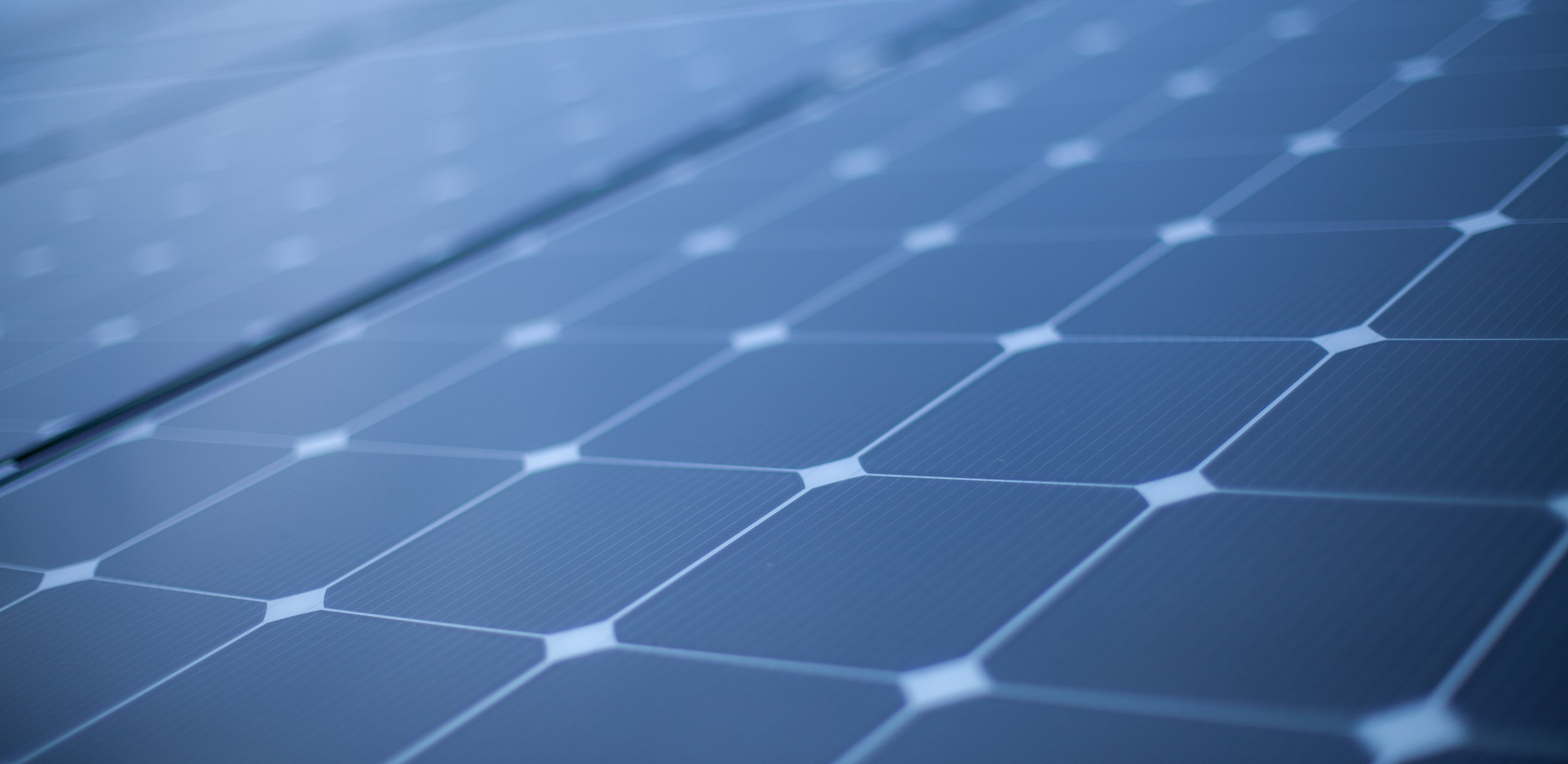
Ring in the New Year with Nothing but Savings!
HERE SHOPPING FOR ENERGY?
You have come to the right place!
With prices rising across the board, let us offer you one thing you can count on, an energy provider that delivers top-notch service and immediate savings you’ll notice right away.
Thinking about going solar?
We’ve got you covered!
SAVINGS
Homeowners can save between $10,000 and $30,000 over a 20-year period by switching to solar energy, depending on their location and electricity usage.
THE ENVIRONMENT
Solar energy systems reduce carbon emissions by approximately 1.5 tons per year per household.
INDEPENDENCE
By generating their own electricity, homeowners become less dependent on the grid and less vulnerable to power outages and price fluctuations.
COMBAT RISING ENERGY COSTS
Solar energy provides a hedge against rising energy prices, as the cost of solar power remains relatively stable compared to fossil fuels.
INCREASE HOME VALUE
Solar-equipped homes tend to sell 20% faster than non-solar homes and for 4% more on average.
ECONOMIC GROWTH
Each megawatt of solar energy installed creates 5.65 full-time jobs, contributing significantly to local economies across the US.
FAQs
-
Solar energy is power harnessed from the sun's rays. Solar panels, composed of photovoltaic cells, convert sunlight into electricity. This electricity can then be used to power homes and businesses or stored in batteries for later use.
-
The cost of installing solar panels varies based on factors such as system size, location, and installation complexity. On average, residential solar panel installations in the U.S. can range from $15,000 to $25,000 before any incentives or rebates.
-
Solar panels are designed to last for 25-30 years. Most manufacturers offer warranties of 20-25 years, but panels can continue to generate electricity beyond their warranty period, albeit at reduced efficiency.
-
Savings depend on several factors, including the size of the solar system, local electricity rates, and available sunlight. On average, homeowners can save between $10,000 and $30,000 over the lifespan of their solar system.
-
If your solar panels produce more electricity than you use, the excess energy can be fed back into the grid in a process called net metering. Many utility companies offer credits for this excess power, which can offset your future electricity bills. Alternatively, if you have a battery storage system, the extra energy can be stored for later use.
-
Yes, solar panels can still generate electricity on cloudy or rainy days, though their efficiency is reduced. They produce the most energy on clear, sunny days but continue to work in various weather conditions.
-
Solar panels require minimal maintenance. It is generally recommended to have them inspected and cleaned once or twice a year to ensure optimal performance. Regular maintenance may include cleaning debris, leaves, and dust off the panels.
-
Many regions offer incentives and rebates for solar installations, such as federal tax credits, state rebates, and local incentives. In the U.S., the Federal Investment Tax Credit (ITC) allows homeowners to deduct a percentage of the installation cost from their federal taxes.
-
Yes, most local governments require building permits for solar panel installations. Your solar installer typically handles the permitting process and ensures that the installation complies with local building codes and regulations.
-
Going off-grid is possible with solar panels, but it requires a battery storage system to store excess energy for use when the sun isn't shining. Off-grid systems are more complex and expensive than grid-tied systems but provide complete energy independence.


